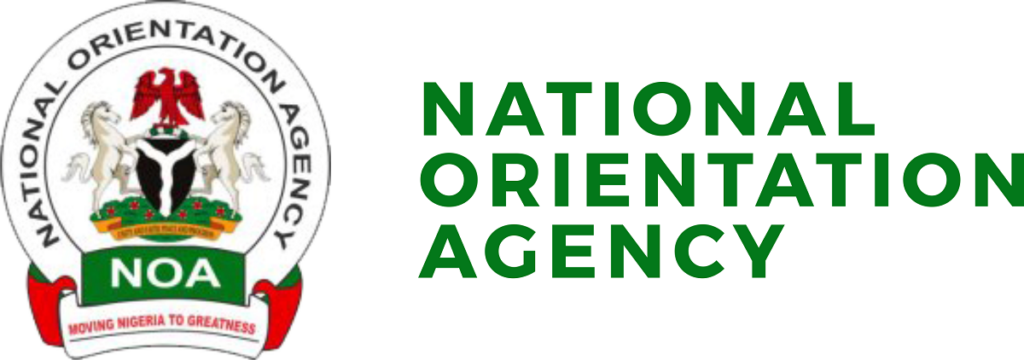- The National Orientation Agency (NOA) experienced neglect until recent revitalization efforts, leading to increased social media engagement
- Director General Lanre Issa-Onilu highlighted plans to introduce a compulsory nationalism program in Nigerian schools to instill core values
Lanre Issa-Onilu, Director General of the National Orientation Agency (NOA), revealed that the agency had been disregarded by previous administrations for an extended period until recent months when it began experiencing increased activity.
Issa-Onilu emphasized efforts to revitalize the agency’s infrastructure and online presence, noting a significant rise in social media engagement over the past two months.
Speaking on Channels TV, Issa-Onilu attributed the prior neglect to a lack of government attention.
“For several years, NOA seemed to have vanished from the scene, but in the last four months, we’ve made significant strides,” he stated.
“We’ve established structures across various platforms and equipped ourselves with the necessary tools for engagement. Our enhanced social media presence in the last two months reflects this. Despite limited resources, we’re maximising what we have.”
Issa-Onilu highlighted a recent initiative involving several advertising agencies, underscoring the renewed commitment to address the agency’s neglected state.
“While NOA hasn’t been inactive, it has been somewhat overlooked. Reviewing its contributions over the past decade, one can’t help but feel disappointed,” he remarked.
“With a renewed government focus on attitude and behavioural change, we’re fortunate to have the opportunity to address these issues. As part of our agenda, we plan to introduce a compulsory nationalism program in schools.”
Issa-Onilu elaborated on plans to incorporate a comprehensive nationalism curriculum into educational institutions to instil core Nigerian values from an early age.
“We’ve identified seven key initiatives for nurturing Nigerians, including leaders. One such initiative is the introduction of a national curriculum spanning from primary to tertiary education. This compulsory subject will educate students on what it means to be Nigerian,” he concluded.

